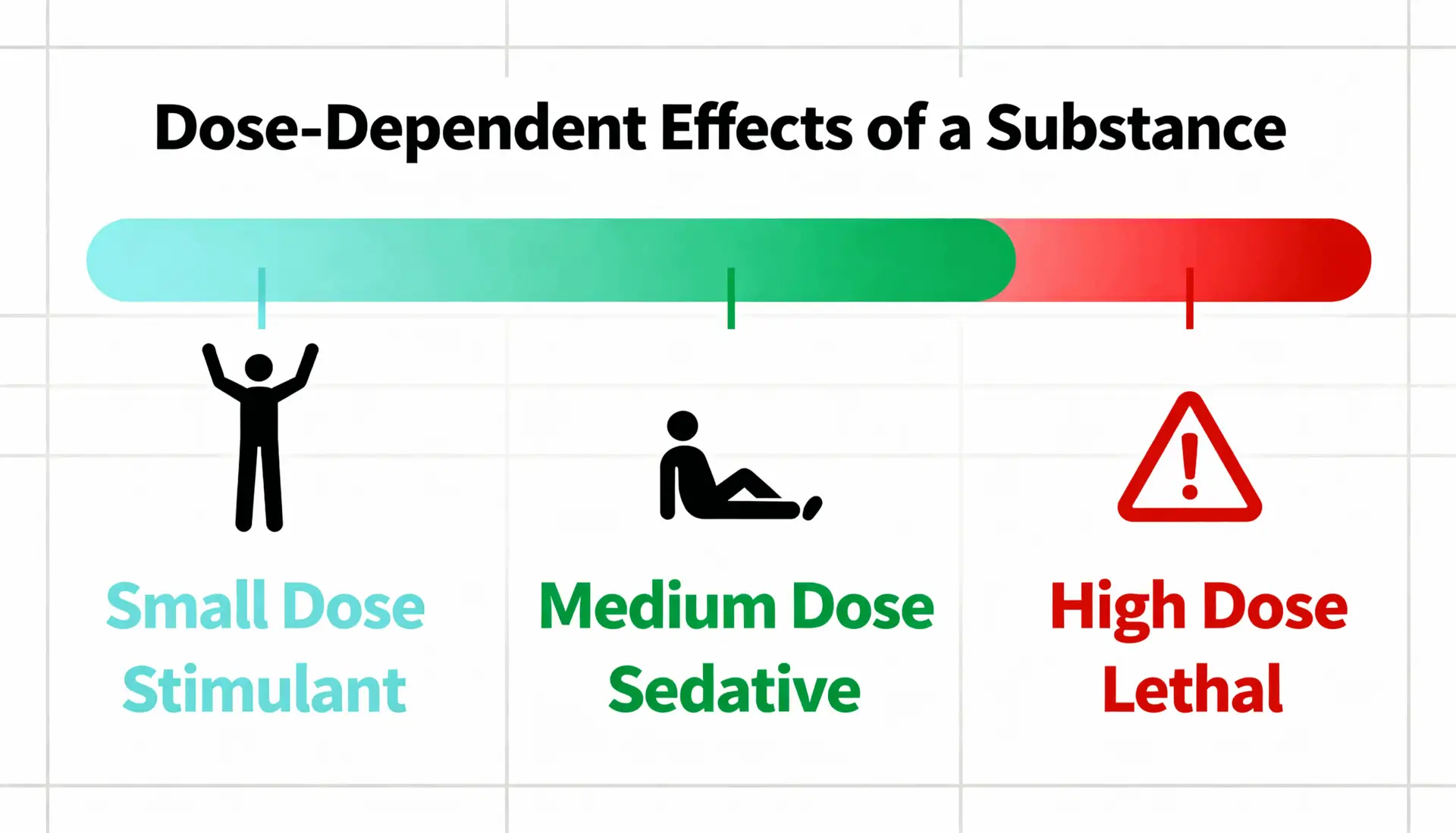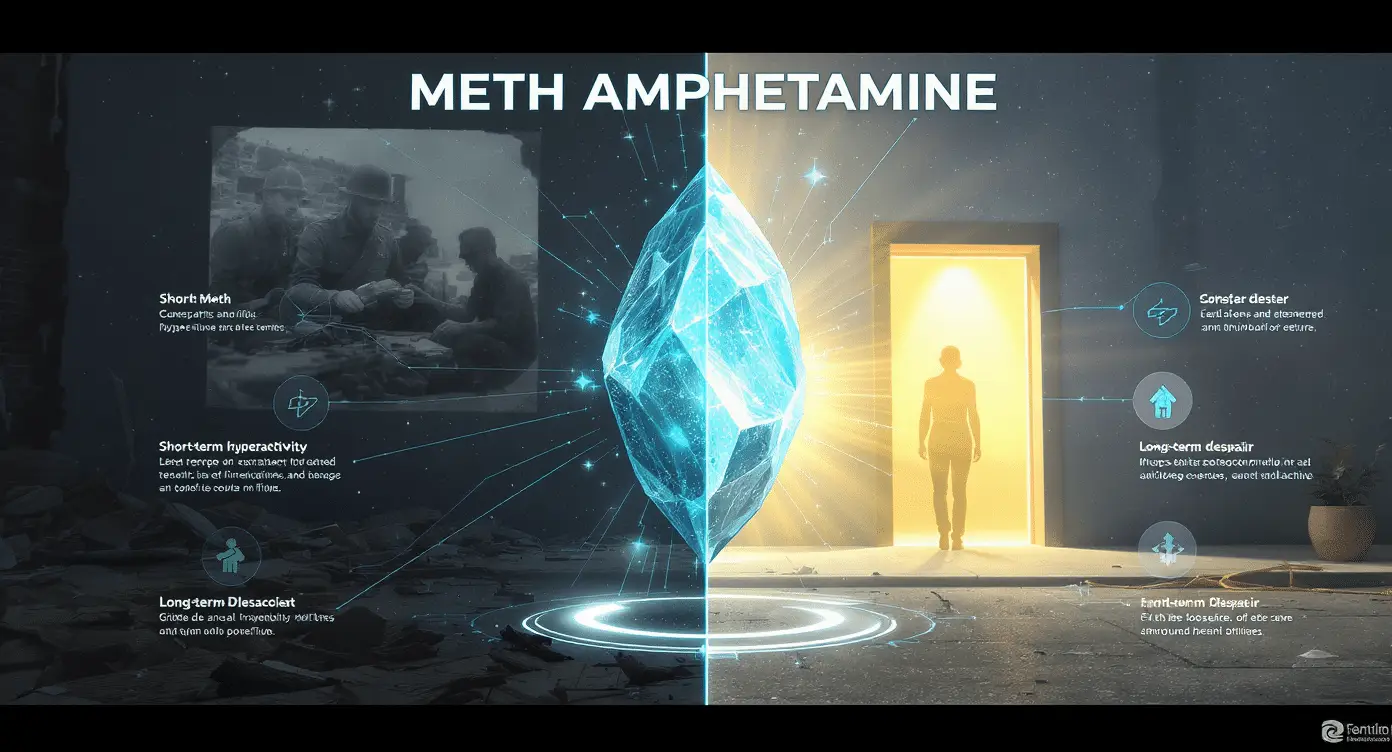Helping someone with an addiction takes love—but it also requires boundaries. Many people unintentionally enable addiction by trying to protect the person they love. These five steps will help you support someone without reinforcing the problem.
Step 1: Set clear and consistent boundaries
Addiction thrives in chaos. Define what is and isn’t acceptable. For example:
- No money without accountability
- No substance use in your home
- No covering for missed work or school
Explain your limits calmly and enforce them consistently. Enabling often begins with blurred lines.
Step 2: Stop rescuing from consequences
It’s natural to want to protect someone you care about—but constantly rescuing them removes the motivation to change. Avoid:
- Paying off their debts
- Lying to employers or teachers
- Handling their responsibilities
Let the addict experience the real effects of their actions. It may be uncomfortable, but it’s essential for change.
Step 3: Avoid emotional blackmail or guilt
Many addicts use manipulation—consciously or not—to avoid accountability. They may:
- Blame you for their use
- Threaten self-harm
- Say you don’t care if you don’t help
Stay grounded. Don’t let guilt override your boundaries. Offer help for recovery, not for continuing use.
Step 4: Offer real support—toward recovery
Support means encouraging responsibility. You can:
- Help them research treatment options
- Drive them to a rehab appointment
- Celebrate sober milestones
Resources like Narconon Europe’s Drug Abuse Help provide guidance for families seeking effective rehabilitation options.
Step 5: Take care of yourself
Supporting an addict is emotionally exhausting. To avoid enabling out of burnout:
- Join a support group
- Seek counseling
- Take breaks when needed
Caring for yourself sets a healthy example—and helps you stay strong enough to truly help.
Frequently Asked Questions: Helping Without Enabling
What does it mean to “enable” someone?
Enabling means doing things that shield the addict from the consequences of their behavior—like giving money or covering up their mistakes.
Can you love someone and still say no?
Yes. In fact, saying no with compassion is often the most loving thing you can do. Boundaries are not rejection—they’re protection.
Is it okay to give money to an addict for food?
Only if you’re certain it won’t fund drug use. It’s safer to provide food directly than to give cash.
How do I find support as a family member?
According to OFDT – Substances and Addictive Behaviors Observatory, addiction often develops in stages—starting with changes in behavior, finances, and emotional regulation.
For more tools on educating loved ones and preventing drug use, see:
👉 Drug Education & Prevention Materials



